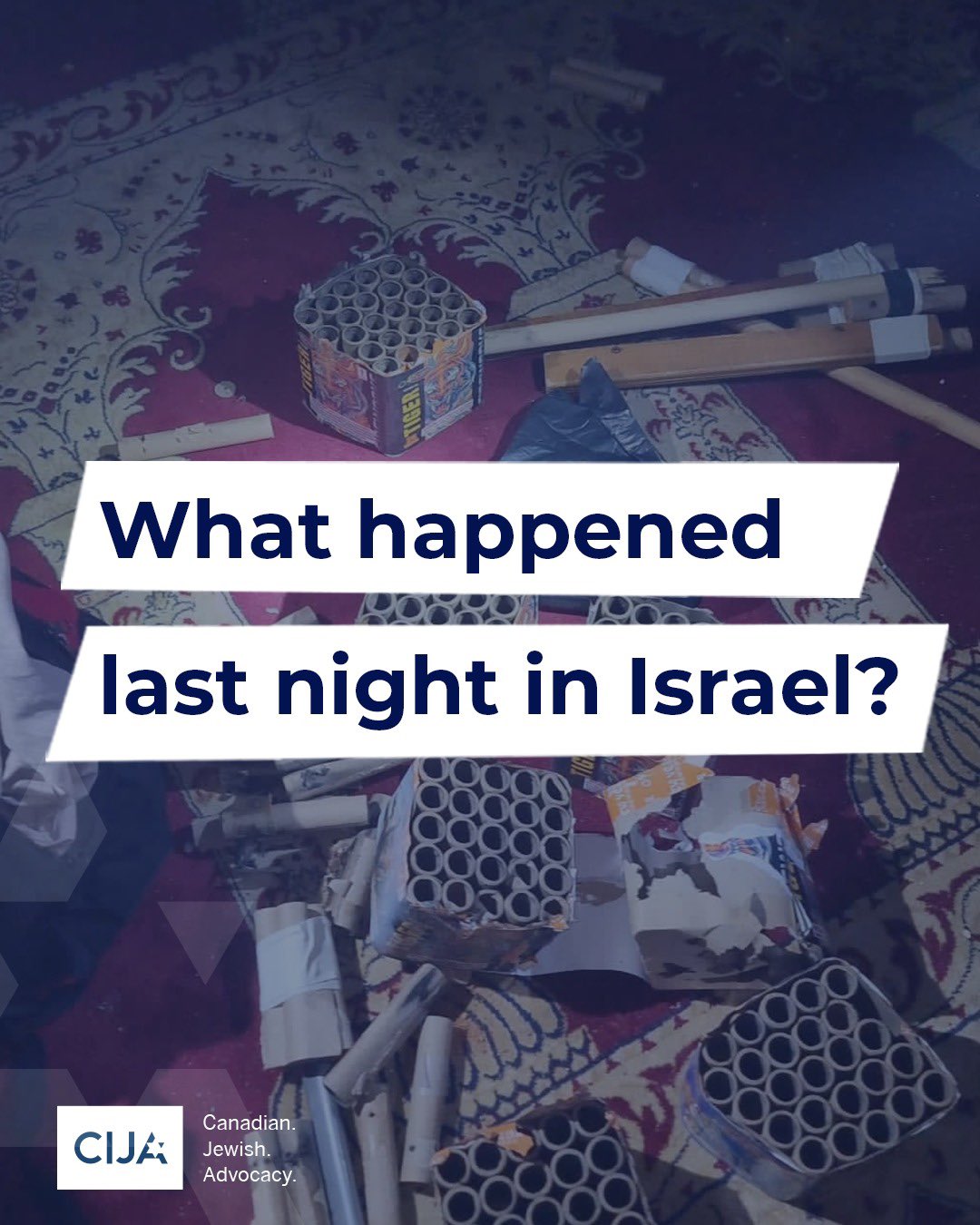Seth Frantzman: How has Netanyahu confronted Iran in the first 100 days of his post?
In this context Iran’s current position in the region is important. Iran recently agreed to a China-brokered deal with Saudi Arabia. It wouldn’t be logical for Tehran to build a bomb that threatens the region, after just agreeing to tone down tensions with Riyadh. This means that Iran’s enrichment may be reaching a dead end. It will have a lot of enriched uranium and be close to breaking out for a weapon, but it may be held back by Russia, China and other countries.Seth Frantzman: Did Israel walk into another Tehran trap with recent tensions?
On March 6 the US and Israel issued a joint statement on the meeting of the US-Israel Strategic Consultative Group. This came in the wake of a meeting between Assistant to the US President for National Security Affairs Jake Sullivan and National Security Adviser Tzachi Hanegbi, Strategic Affairs Minister Ron Dermer and a senior Israeli interagency delegation at the White House on March 6. The statement said that “the officials reviewed with significant concern advances in Iran’s nuclear program, and affirmed their mutual objective of further enhancing the long-standing security partnership between Israel and the United States. In this regard, officials pledged to enhance coordination on measures to prevent Iran from acquiring a nuclear weapon and to further deter Iran’s hostile regional activities.”
The question is whether Iran is actually deterred. Considering Iran’s continued attempts to move weapons to Syria and also its work with Russia and China, it does not seem deterred. It may be deterring itself temporarily by keeping enrichment at around 84%.
Another issue that has plagued Israel is Iran’s precision-guided munitions. These are weapons that can maneuver or carry out precise attacks on Israeli strategic infrastructure. Unlike “dumb” rockets, these weapons can be a game changer in the hands of Israel’s enemies. Iran has moved these systems to Hezbollah, and Hezbollah is making its own PGMs. This was once considered an issue of major concern for Israel. However, Israel now has a maritime deal with Lebanon that relates to sensitive energy exploration off the coast. Israel would be concerned about any strike on Hezbollah’s PGMs, because of that deal.
Hezbollah was allegedly behind infiltrating a man into Israel in March. The man then placed an IED near Metulla junction. Israel is concerned about this threat. Hezbollah may also have been behind moving a UAV capability to Dabaa airbase near Qusair in Syria. That UAV capability was hit by an airstrike on April 1, according to foreign reports.
Netanyahu has been relatively modest in his recent condemnations of Iran. He blamed Iran for an attack on an oil tanker in February. Israel also blamed Iran for being behind a plot in Greece. In both cases Iran was trying to strike at “soft” targets far from Israel. Iran has been targeting ships and tankers off the coast of Oman for many years. It has increasingly targeted ships it thinks are linked to Israel. Iran uses drones flown from Chabahar to carry out those attacks.
The first 100 days of Netanyahu’s administration illustrate how Israel can walk softly and carry a big stick, in the sense that one doesn’t need to peddle fear about Iran’s nuclear ambitions in order to continue to confront Iran in the region.
THE ROUND of fighting that began on Thursday, or the day before, depending on how one defines it, clearly had aspects similar to what happened in 2021. It involved tensions over “al-Aqsa” and then plans by Hamas and other terror groups to threaten Israel from Gaza and Lebanon. This not only presented the threat of a multi-front conflict, but it also led to rioting in several Arab communities in Israel. This is similar to the communal clashes of May 2021.No Worse Friend: The West’s Treatment of Israel
It’s unclear if Israel walked into the conflict and into a kind of “trap” that Iran had put in place. However, what is clear is that the tensions in 2021 and now are similar and that Iran seeks to benefit from them. For example, Iranian media is bragging about the “resistance” targeting Israel.
The fact that Iranian-backed groups such as Hamas and PIJ are openly saying they are ready to confront the Jewish state is part of the rhetoric amplified by Iranian media. Hezbollah’s involvement is clear, because the Lebanese terrorist organization hosted the Hamas leader as the rockets were being prepared to be fired at Israel and also because the rockets were shot from an area Hezbollah controls. It killed an Irish UN peacekeeper last year in the same area.
Iran appears to be trying to increasingly threaten Israel from multiple fronts. Iran may want to increase Hamas’s strength in Lebanon so it can use the terrorist group as a proxy from Lebanon, rather than Hezbollah, to create plausible deniability for the latter.
The fact that the Hamas leader openly arrived in Beirut before the rocket fire indicates Iran’s advanced planning.
It’s unclear if Iran also planned the al-Aqsa tensions and also put out messaging for riots on Thursday, but it appears that Tehran did seek to heat up the region for a conflict on the eve of Passover.
This is not a coincidence. The timing is clear. Leaders of groups like Hamas don’t just show up in Beirut by mistake while their armed units are moving rockets into position to be fired.
And the pretexts have worked: as Ronald Reagan’s UN Ambassador Jeane Kirkpatrick once said, “The long march through the UN has produced many benefits for the PLO. It has created a people where there was none; a claim where there was none. Now the PLO is seeking to create a state where there already is one.” Our collusion over the years in this assault on an ally, this mistreatment of a “friend,” has been a stain on the West, one particularly outrageous given our incessant preaching and preening about the “rules-based international order.”
Finally, the biggest lie in the anti-Israel catalogue of slanders was referenced in Kirkpatrick’s statement. Just recently, the Biden administration has publicly condemned an Israeli minister for saying that “there is no such thing as Palestine because there is no such thing as a Palestinian people.” Of course that statement is historically true.
In fact, as Sha’i ben-Tekoa documents in his three-volume study Phantom Nation, the first UN resolution referencing “Palestinians” instead of “Arabs” occurred three years after the Six Day War, marking the international recognition of a “Palestinian people” and nation as yet another Arab tactic in gaining support in the West by exploiting an idea––nationalism––alien to traditional Islam. Before then “Palestinian” was a geographical term, more typically applied to Jews. Numerous quotations from Arab leaders reveal not a single reference to a Palestinian people, but numerous ones identifying the inhabitants of the geographical territory Palestine as “Arabs.”
For example, in 1937, Arab Higher Committee Secretary Auni Abdel Hadi said, “There is no such country as Palestine. ‘Palestine’ is a country the Zionists invented. ‘Palestine’ is alien to us.” The Christian Arab George Antonius, author of the influential The Arab Awakening, told David Ben-Gurion, “There was no natural barrier between Palestine and Syria and there was no difference between their inhabitants.” Later in his book he defined Syria as including Lebanon, Palestine, and Jordan. In testimony to the UN in 1947, the Arab Higher Committee said, “Politically the Arabs of Palestine are not independent in the sense of forming a separate political identity.”
Thirty years later Farouk Kaddoumi, then head of the PLO Political Department, told Newsweek, “Jordanians and Palestinians are considered by the PLO as one people.” A few years, after the Six-Day War a member of the Executive Council of the PLO, Zouhair Muhsin, had been even more explicit: “There are no differences between Jordanians, Palestinians, Syrians and Lebanese. We are all part of one nation. It is only for political reasons that we carefully underline our Palestinian identity . . . Yes, the existence of a separate Palestinian identity serves only tactical purposes. The founding of a Palestinian state is a new tool in the continuing battle against Israel.”
Clearly, the continuing statements about a Palestinian people as a distinct nation that deserves its own borders and sovereign territory have been a tactic for pursuing the eradication of Israel by casting the struggle in Western terms of “national self-determination” and the struggle against neo-imperialism.
That the West has endorsed and legitimized this lie for nearly 80 years is perhaps its worst mistreatment of Israel and its people. At a time when Israel is facing internal division, riots, terrorist attacks, an enemy on the brink of acquiring nuclear weapons, and one American political party that sympathizes with Palestinian Arabs more than with Israelis, Biden’s meddling in Israel’s domestic policies, and harping on “settlers” living in their ancestral homeland, are despicable. And that’s no way for a great nation to treat a friend and ally.











































